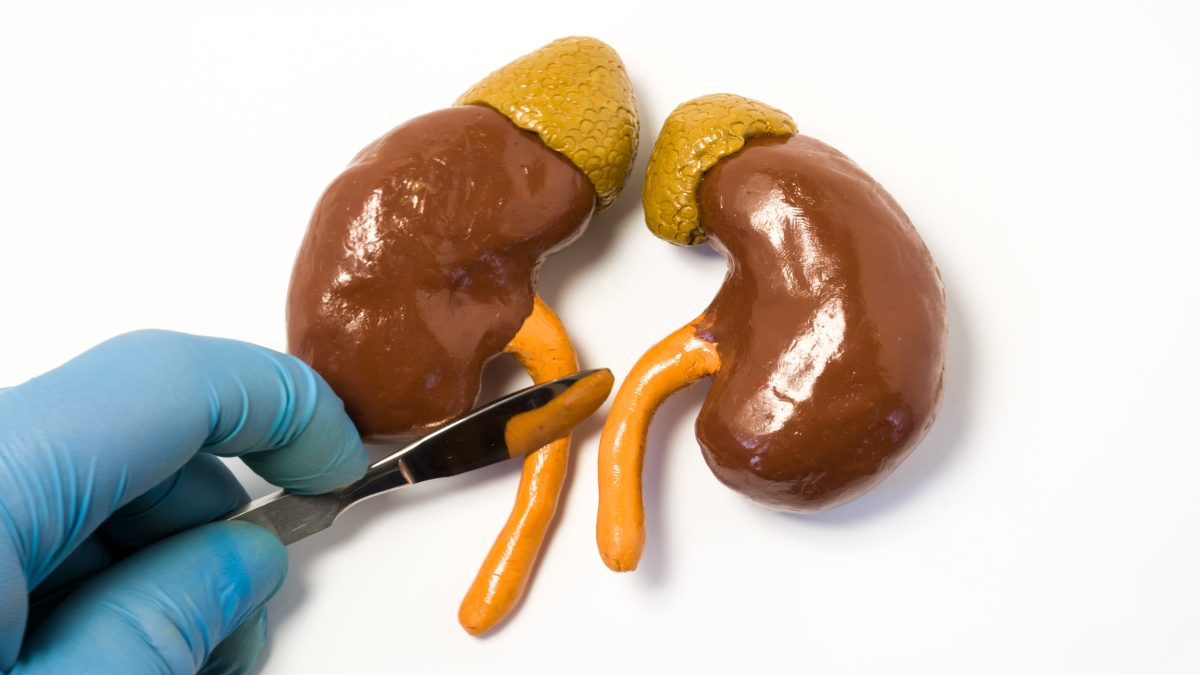What is ureteral cancer?
Ureteral cancer, also known as cancer of the ureter, is a condition in which cancerous cells grow on the inner surface of the ureters. Ureters are the small tubes that connect your bladder to your kidneys. In this way, the kidneys produce the urine, and ureters carry this urine to the bladder.
Cancer of the ureter is an uncommon problem. Though, older adults and people who underwent the treatment of bladder cancer are at higher risk of ureteral cancer development.
Usually, ureteral cancer treatment involves surgical interventions. However, in some situations, the doctor may recommend immunotherapy or chemotherapy.
How is bladder cancer related to ureteral cancer?
The same type of cells lines both the ureters and the inner portion of the urinary bladder. As a result, there is a close relationship between cancer of the ureter and bladder cancer. If the patient is diagnosed with ureteral cancer, the doctor may ask him to undergo tests that can show the signs of bladder cancer. It is due to a significantly higher risk of bladder cancer development in patients with ureteral cancer.
Ureteral cancer symptoms
Symptoms of ureteral cancer include fatigue, painful urination, bloody urine, pain in the back, losing weight without doing anything for it.
You should see a doctor if you are experiencing persistent symptoms of ureteral cancer that disturb you.
Causes of the cancer of the ureter
Currently, there are no definitive causes for ureteral cancer. Ureteral cancer develops when cells lining the inside part of the ureter undergo mutations in their DNA. A cell’s DNA contains genetic information and instructions for the cell. This information also includes the time periods for dividing and the lifetime length of the cell.
In turn, the mutations in the cell’s DNA tell the cells to multiply more quickly and live longer than they usually would. As a result, an accumulation of abnormal cells appears and continues to grow on the inside lining of the ureter. In this way, this growing mass can block the ureter and spread to other body regions (metastasize).
Risk factors for the ureteral cancer development
Factors that increase the risk of experiencing ureteral cancer include:
- Family history of cancer. Hereditary nonpolyposis colorectal cancer, also known as Lynch syndrome, is associated with a higher risk of different types of cancer development, including colon cancer and ureteral cancer. It is important to tell your doctor if you have a family history of cancer. Based on the discussion of your family history of cancer, your doctor may suggest genetic testing for Lynch syndrome and other inherited cancer syndromes.
- Aging. As we age, our risk of developing ureteral cancer increases. Cancer of the ureter usually affects people in their 70s and 80s.
- Previous kidney or bladder cancer. Patients with bladder or kidney cancer have an increased likelihood of ureteral cancer development.
- Smoking. The risk of ureteral cancer is increased by smoking. Moreover, smoking also increases the likelihood of developing other types of urinary tract cancers, including bladder cancer and kidney cancer.
Click Here to read about Treatment.
















Leave a Reply
You must be logged in to post a comment.